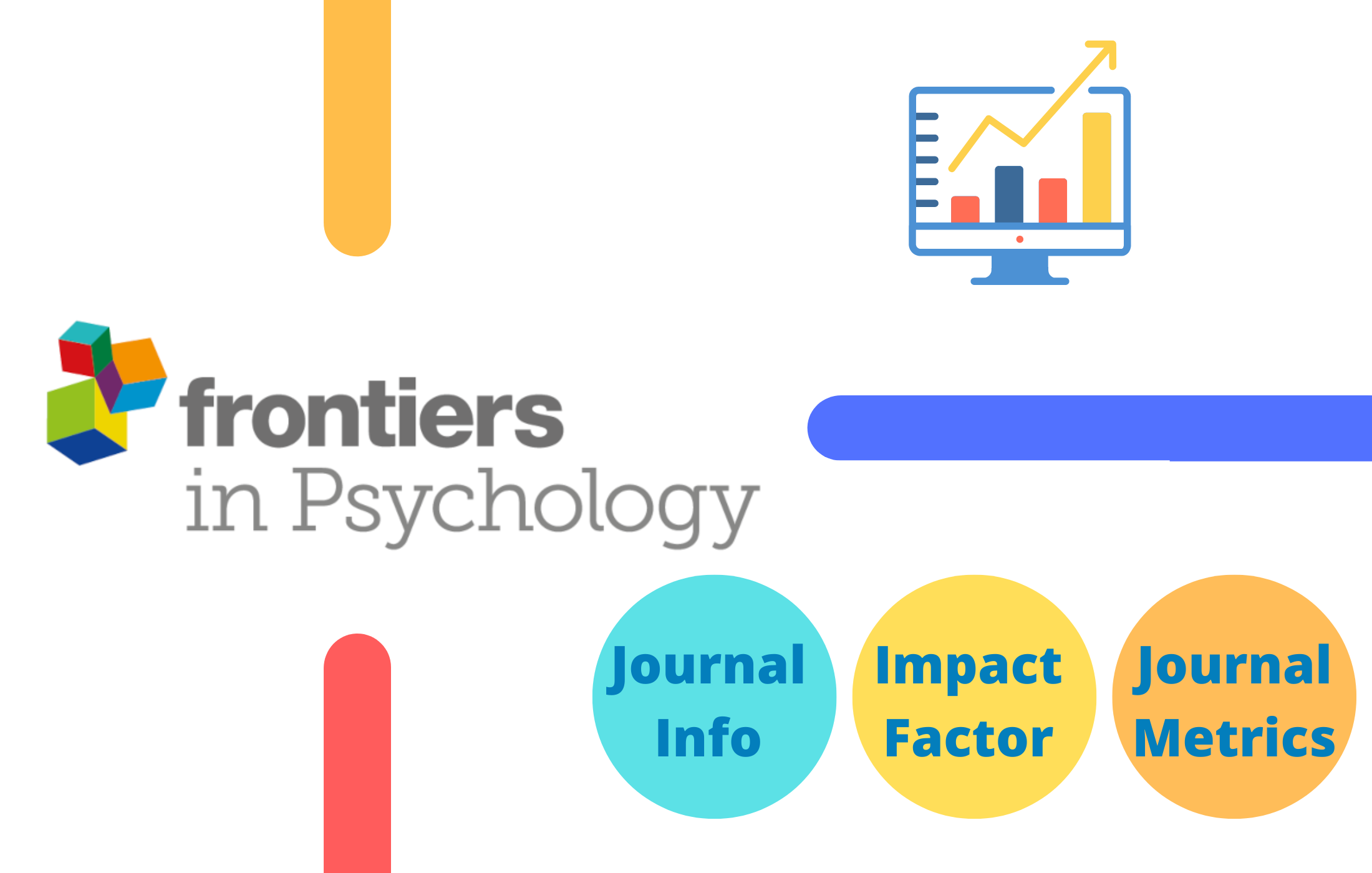Introduction to Frontiers in Psychology
The realm of psychology, as a dynamic and evolving discipline, has consistently sought to expand its boundaries, leading to what is now referred to as the “frontiers in psychology.” This term encapsulates the latest developments and emerging ideas within the field, reflecting a wide array of theoretical and practical innovations. Over the years, psychology has transitioned from traditional paradigms to incorporate diverse perspectives, encouraging a more holistic understanding of the human experience.
Historically, the evolution of psychology has involved significant shifts in theoretical approaches, ranging from psychoanalysis and behaviorism to the incorporation of cognitive, social, and biological perspectives. These shifts have paved the way for fresh insights and methodologies that enhance our comprehension of mental processes and behaviors. One of the critical aspects of exploring frontiers in psychology is the commitment to ongoing research and inquiry, which plays a vital role in advancing psychological knowledge and applications.
In the context of mental health, it becomes particularly important for professionals to stay updated on the latest trends and findings. This is crucial not just for their practice, but also for the broader implications it has on society. As new theories and practices emerge, mental health practitioners can better tailor their approaches to meet the diverse needs of their clients. Furthermore, by embracing interdisciplinary strategies, psychology can integrate knowledge from other fields such as neuroscience, sociology, and even artificial intelligence, thereby enriching its own frameworks.
Technological advancements also herald a new era for psychology, offering innovative tools for research and therapy, including virtual reality and online platforms. These developments are not only enhancing the effectiveness of psychological assessments and interventions but are also expanding accessibility to mental health resources. Therefore, the exploration of frontiers in psychology is crucial for fostering growth, understanding, and positive change in both individuals and communities.
Technological Advancements in Psychological Research
The realm of psychology is experiencing transformative shifts, largely due to technological advancements that shape research methodologies and clinical practices. One crucial development is the integration of artificial intelligence (AI) in psychological studies. AI algorithms enhance data analysis, enabling researchers to sift through extensive datasets rapidly. These systems can identify patterns in human behavior, allowing for more nuanced insights into mental health issues and effective intervention strategies. For instance, machine learning techniques can predict the onset of psychological disorders with remarkable accuracy, thereby altering preventative measures in mental health care.
Virtual reality (VR) has also made significant inroads into psychological research. By immersing participants in controlled environments, researchers can simulate experiences that provoke reactions, thus gaining insights into human behavior that are difficult to replicate in traditional settings. VR is particularly valuable in exposure therapy for anxiety disorders, providing a safe space for patients to confront their fears. This advancement not only enriches research methodologies but also facilitates more engaging therapeutic practices.
Neuroimaging techniques, such as functional magnetic resonance imaging (fMRI) and electroencephalography (EEG), are revolutionizing our understanding of the human brain in relation to mental processes. These technologies allow researchers to visualize brain activity in real-time, offering unparalleled perspectives into cognitive functions and emotional responses. For example, studies using neuroimaging have unveiled critical insights into how different brain regions interact during various psychological processes, contributing to the development of targeted therapies. Case studies illustrate these advancements; recent research utilizing fMRI has clarified the neural underpinnings of depression, informing more effective treatment protocols.
The interplay of these technological advancements represents a paradigm shift in the field of psychology, with the potential to refine how researchers approach complex psychological questions. As we continue to explore these frontiers in psychology, the implications for future research and practice remain profound.

Prominent Theories and New Paradigms
The field of psychology has witnessed a remarkable evolution over the years, with various theories and paradigms shaping its landscape. Among the most significant advancements is the emergence of positive psychology, which emphasizes the study of positive aspects of human behavior and well-being. This branch focuses not only on the treatment of mental illness but also on promoting optimal human functioning through concepts such as happiness, resilience, and personal growth. By directing attention toward what enhances human life, positive psychology has contributed to a more holistic approach to mental health.
Another pivotal framework is the biopsychosocial model, which integrates biological, psychological, and social factors in understanding human behavior and mental health. This model challenges the traditional biomedical approach by acknowledging that mental health issues cannot solely be attributed to biological causes. It asserts that psychological traits and environmental contexts also play a critical role in shaping individual experiences and responses to mental health treatments. This comprehensive view fosters a more inclusive understanding of psychological phenomena.
Advancements in cognitive behavioral therapies (CBT) have also marked a significant shift in contemporary psychological practice. These therapies focus on identifying and modifying negative thought patterns and behaviors contributing to emotional distress. Innovative techniques in CBT incorporate elements such as mindfulness and acceptance, which further enhance therapeutic effectiveness. These innovations reflect the ongoing dialogue in psychology, suggesting the need for adaptable and flexible therapeutic strategies that consider individual differences.
Finally, there is an increasing emphasis on culturally sensitive approaches within the discipline. This movement promotes the understanding of diverse cultural backgrounds, challenging conventional psychological frameworks that may overlook the uniqueness of individuals. By advocating for inclusive practices, modern psychology aims to enhance the relevance and application of theories in diverse populations. This evolution in thinking stands as a testament to the dynamic nature of psychology, wherein emerging paradigms continually reshape the frontiers in psychology.
The Future of Psychology: Challenges and Opportunities
The landscape of psychology is continuously evolving, presenting both significant challenges and remarkable opportunities. As we navigate the frontiers in psychology, it is imperative to identify the ethical considerations that arise with new research methodologies and advanced technologies. The integration of artificial intelligence in therapeutic practices, for example, raises questions about data privacy and the implications of relying on algorithms for mental health assessments. Psychologists must prioritize ethical guidelines to ensure that the dignity and privacy of clients are upheld in the face of innovation.
Moreover, the future of psychology demands a global perspective. As societies become increasingly interconnected, understanding the diverse cultural underpinnings of psychological phenomena is critical. Psychological practices that are effective in one culture may not translate effectively to another. Thus, incorporating global perspectives is essential in developing intervention strategies that are culturally sensitive and applicable across different populations. This integration not only enriches the field but also enhances the efficacy of psychological support and treatments provided worldwide.
In addressing prevalent mental health crises, the role of psychologists is expanding beyond traditional boundaries. There is a pressing need to adapt psychological practices to meet the requirements of underserved populations. This calls for a renewed commitment to ongoing education and research, equipping psychologists with the skills necessary to tackle contemporary societal issues effectively. By engaging with communities and advocating for mental health awareness, psychologists can foster a more inclusive and supportive environment for individuals seeking help.
Ultimately, the future of psychology holds immense potential to drive meaningful change. By focusing on ethical standards, embracing diverse perspectives, and addressing mental health challenges, psychologists can harness the power of their discipline to contribute positively to society. This commitment to advancing the frontiers in psychology will ensure that the field not only grows but also meets the evolving needs of clients globally.




Leave a Reply